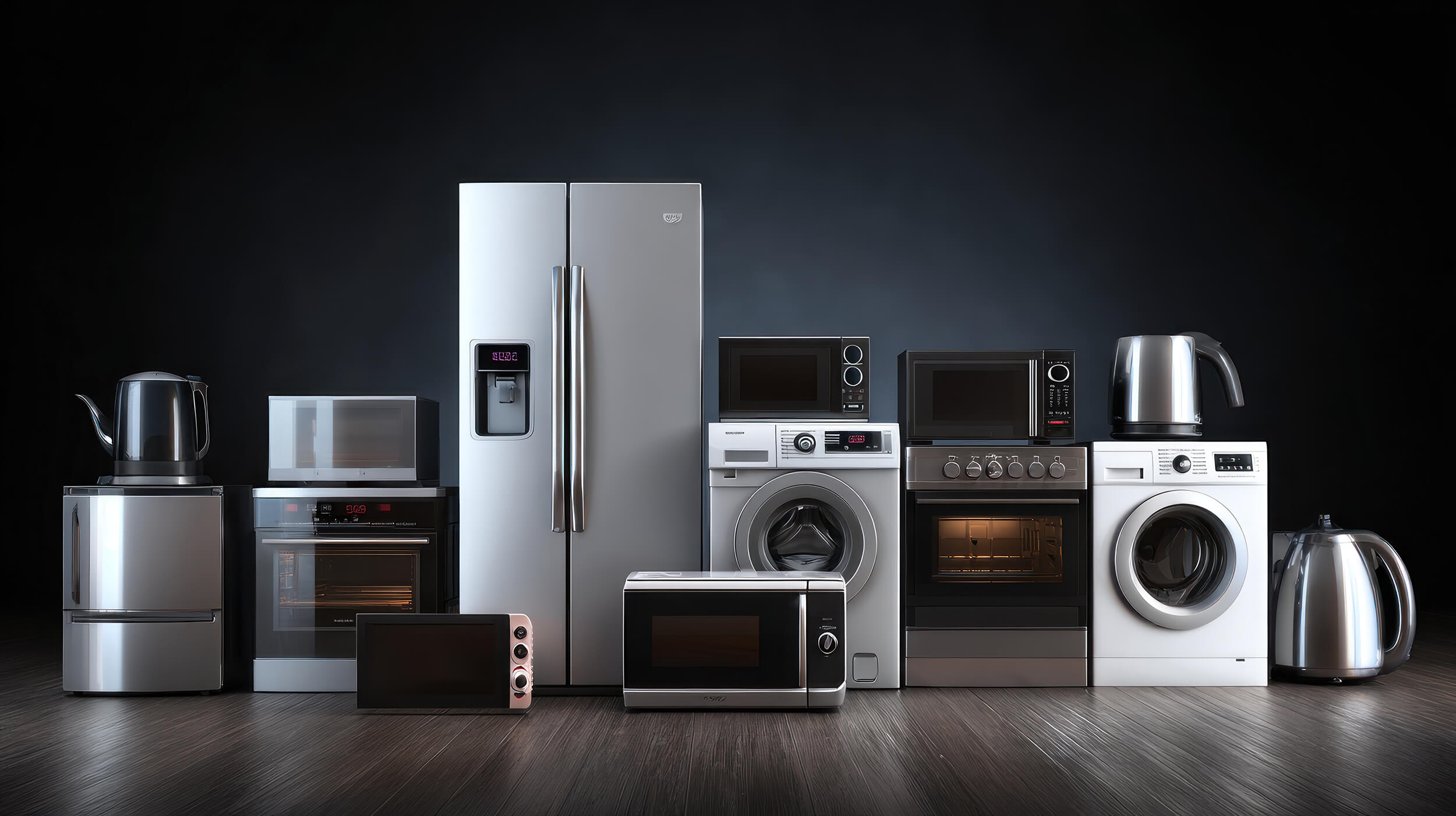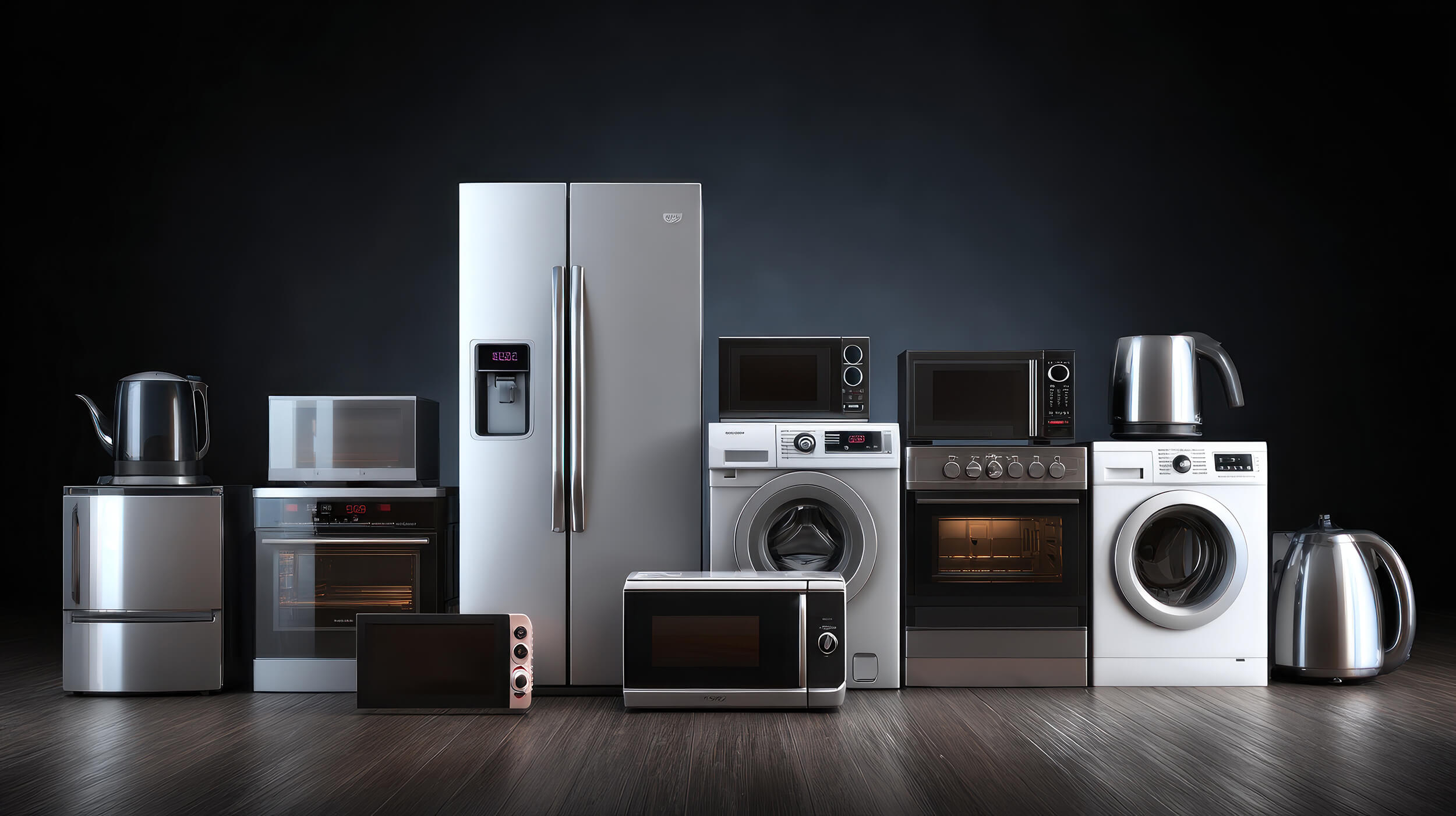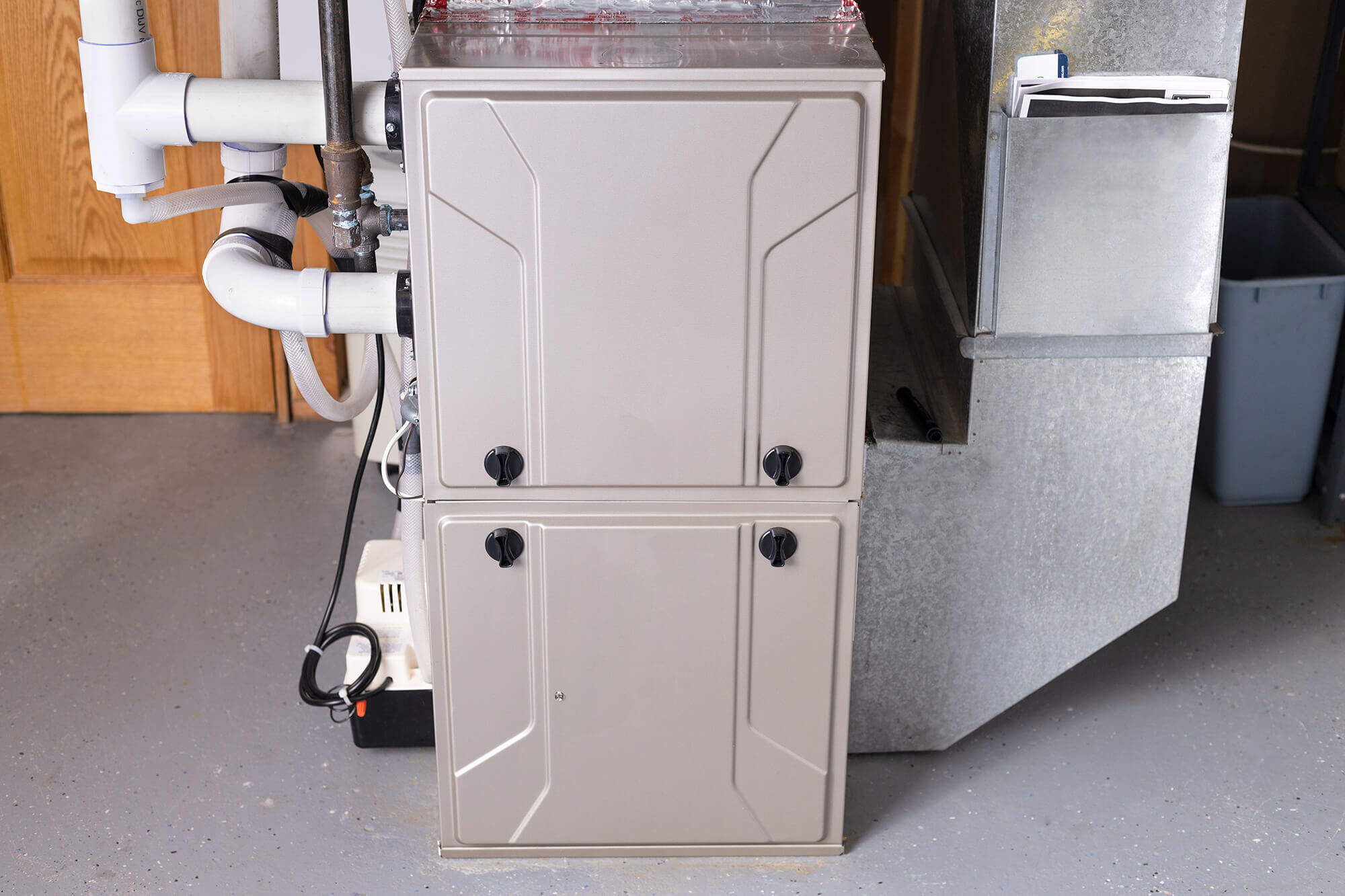FOR IMMEDIATE RELEASE
Thursday, January 18, 2001
CONTACTS:
Andrew deLaski, ASAP, 617-363-9470 or 617-515-7755
David Nemtzow, Alliance to Save Energy, 202-487-7283
Coalition Praises Clinton Administration's New Energy-Saving Standards for Air Conditioners
New Standard Completes Round of Efficiency Measures That Will Save Consumers Tens of Billions of Dollars, Help Avoid Future Power Outages and Reduce Global Warming
WASHINGTON, D.C. -- Strong new air conditioner and heat pump energy efficiency standards announced today by the Clinton Administration are a tremendous victory for consumers and the environment, according to an environmental, consumer, utility and state government coalition.
"This is a home run," said Andrew deLaski, executive director of the Appliance Standards Awareness Project, the coalition group. "This common-sense efficiency standard will save consumers billions of dollars, slash power plant pollution and help ease the long-term power crunch."
"Our air will be cleaner, our monthly utility bills lower and our electric utility grid more reliable thanks to these standards," added David Nemtzow, president of the Alliance to Save Energy. "The nation is indebted to Energy Secretary Bill Richardson for his vision and leadership."
The minimum standard, which will go into effect in 2006, requires that new central air conditioners and heat pumps must have an efficiency rating equal to or greater than 13 Seasonal Energy Efficiency Ratio (SEER), a 30% improvement over the existing standard, set in 1987. Nearly all new homes are built with central air conditioning.
"Appliance efficiency standards have been quietly saving energy for American consumers since the 1970s," said David Goldstein, co-director of the energy program at the Natural Resources Defense Council. "This latest round of improvements goes a long way towards updating some of the most outdated national standards. This provides a strong foundation for state-based efficiency efforts and federal tax incentives that will do even more to save energy during peak demand periods."
"And saving energy is one of the most effective ways to cut global warming pollution," added Goldstein.
In the last week, the Administration has finalized new standards for clothes washers, water heaters, commercial heating and cooling equipment and residential central air conditioners and heat pumps, completing public rulemaking proceedings begun in 1993. All together, these standards combined with others for refrigerators and room air conditioners completed earlier in the Clinton Administration will cut residential energy use by about 13% by 2020.
"Every time consumers buy new appliances, these standards will make sure that they get strong energy and environmental performance," said Steve Nadel, deputy director of the American Council for an Energy-Efficient Economy. "Consumers and the environment will reap the benefits for decades."
Officials from states such as Texas, California and Washington, consumer and environmental groups and several major electric utilities had all submitted comments to the Energy Department supporting a strong new air conditioner standard.
"For those who believe that we must balance new energy supplies with common-sense efforts to curb demand, this new air conditioner standard is a big step forward," said Nadel. "With this standard in place, we will need fewer power plants in the future to keep Americans comfortable and cool."
# # #
For more information:
Andrew deLaski, Appliance Standards Awareness Project 617-363-9470 or 617-515-7755
David Nemztow, Alliance to Save Energy 202-487-7283
David Goldstein, Natural Resources Defense Council 415-264-4433
Steve Nadel, American Council for an Energy-Efficient Economy 202-429-8873
The Appliance Standards Awareness Project is dedicated to increasing understanding of and support for national appliance and equipment energy efficiency standards. ASAP is sponsored by leading environmental groups, consumer groups and state government and utilities.




